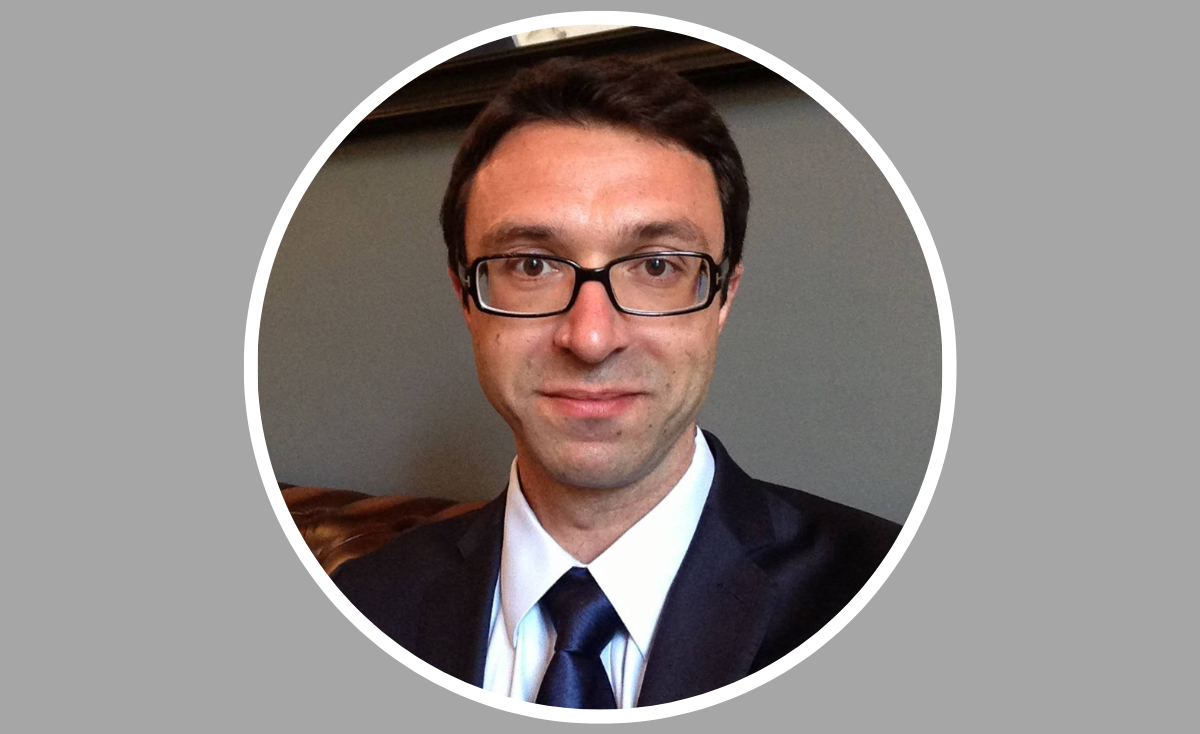 Kroum Sourov, Lead ESG Analyst, ESG Sovereign Research, Candriam.
Kroum Sourov, Lead ESG Analyst, ESG Sovereign Research, Candriam.
The problems with ESG reporting are well-known in the industry, but the minutiae – as well as the all-important solutions – are still obscure. This condition, said Kroum Sourov, Lead ESG Analyst, ESG Sovereign Research, Candriam, contributes to accountability, or lack thereof, throughout the reporting chain and acts as a barrier to accessing ESG information.
At a Clear Path Analysis event, “ESG Investment Leader 2022,” a panel discussion with representatives from Clarity AI, Foresters, Candriam, and KAS Bank covered the topic of how to find commonality in ESG data reporting. The market leaders gave their views on these barriers in the chain – as well as the issues with accountability – and why it matters.
"On the reporting side, at least from a sovereign perspective, I am a big proponent of the data that is used from a freely accessible, reputable source that is available to everyone.”
“We need to differentiate between data that is used for reporting and additional data that has more detail and is used for investment decisions,” said Sourov when asked about these barriers.
“On the reporting side, at least from a sovereign perspective, I am a big proponent of the data that is used from a freely accessible, reputable source that is available to everyone,” he said.
He offered the example of looking for the carbon intensity of an economy – data that is available on The Emissions Database for Global Atmospheric Research (EDGAR), a website administered by the European Union, which is used as a common baseline to serve as the first screening between funds and asset managers.
The research hub provides independent emission estimates compared to what was reported by European Member States or by Parties under the United Nations Framework Convention on Climate Change (UNFCCC), which is an international environmental treaty to combat "dangerous human interference with the climate system", in part by stabilising greenhouse gas concentration - using international statistics and a consistent methodology that is in line with the Intergovernmental Panel on Climate Change (IPCC).
“Not everyone has the resources to check the reporting,” Sourov said, which is a significant issue when it comes to ESG reporting – a labour-intensive task that requires extensive knowledge, time, and capital. “However, if the data is publicly available, then anyone who is trying to cut corners will have second thoughts [because everybody] can access the source data.”
This means that it would be easier for evidence to be checked and regulators and investors will have more resources to combat greenwashing and corruption.
Asset manager frameworks
Sourov added that EDGAR’s resources could then enable those operating in this space to understand the difference between philosophies and frameworks on the asset manager side.
“This is where data providers in the market can greatly help,” he said. “We believe in gathering as much data as possible, with several data sources for every issue that we look at, because there are always accusations of bias towards a particular organisation or non-governmental organisation.”
A Harvard Law School report from 2018 lists inherent biases in ESG reporting as ranging from market cap size, to location, to industry or sector, which it said were “all rooted in a lack of uniform disclosure”.
"For reporting purposes there should no black box approach, everything should be verifiable by external counterparties,"
Sourov said that, for instance, when it comes to the serious issue of corruption, access to this data enabled his organisation to look at four data sources independently of each other to ascertain better information when it needed to investigate such potential cases.
“The data supplied by paid providers is valuable to asset managers in extracting value,” he said. “We have talked about reporting, and it sounds to me that there are many requirements, and we need to figure out how to fulfil them, but there is a lot of opportunity in this as well and this is where the data providers come in.” This, Sourov said, can be a differentiating point for asset managers.
“But for reporting purposes there should no black box approach, everything should be verifiable by external counterparties,” he continued.
Standardisation of standards
Sourov applauded recent changes to the industry to make it more professional and instil universal standards, which could help ease these concerns.
“The common standards provided by the regulators could see the introduction of a standardised reporting on a company level in the future."
“When companies are largely left to decide for themselves which standards to report against, stakeholders’ – from employees to customers to investors – ability to assess and compare ESG performance can be very difficult,” says the Global ESG Benchmark for Real Assets (GRESB) organisation, which backs up Sourov’ s statements.
“The common standards provided by the regulators – whether it is going to be on the sovereign side or on company’s side through the International Financial Reporting Standards (IFRS) – could see the introduction of a standardised reporting on a company level in the future,” he said. “[As well as] broad-based metrics as the first barrier to entry for all other asset classes.”
IFRS’s standards are seen as the new global benchmark. They are developed by two standard-setting boards – the International Accounting Standards Board (IASB) and the International Sustainability Standards Board (ISSB) – that were created in 2021. The IASB sets IFRS Accounting Standards and the ISSB sets IFRS Sustainability Disclosure Standards.
For independent providers, this standardisation could be where innovation begins, Sourov said, giving the example of new technology to double-check evidence for ESG investment criteria. “We rely on satellite imagery and data generated by Artificial Intelligence (AI) [to double-check], and this is where you’ll get innovation,” he said.
He added that innovation will not come from a baseline used for reporting. “Even though, at this stage, it seems to be one of the most important topics because we just have to grapple with it.”
This panel discussion was featured in the Environmental, Social, Governance Investing Europe 2022 report. To read the interview in full and the rest of the report, click here.
Please Sign In or Register to leave a Comment.
SUBSCRIBE
Get the recent popular stories straight into your inbox




